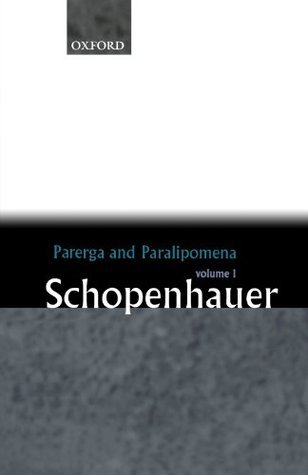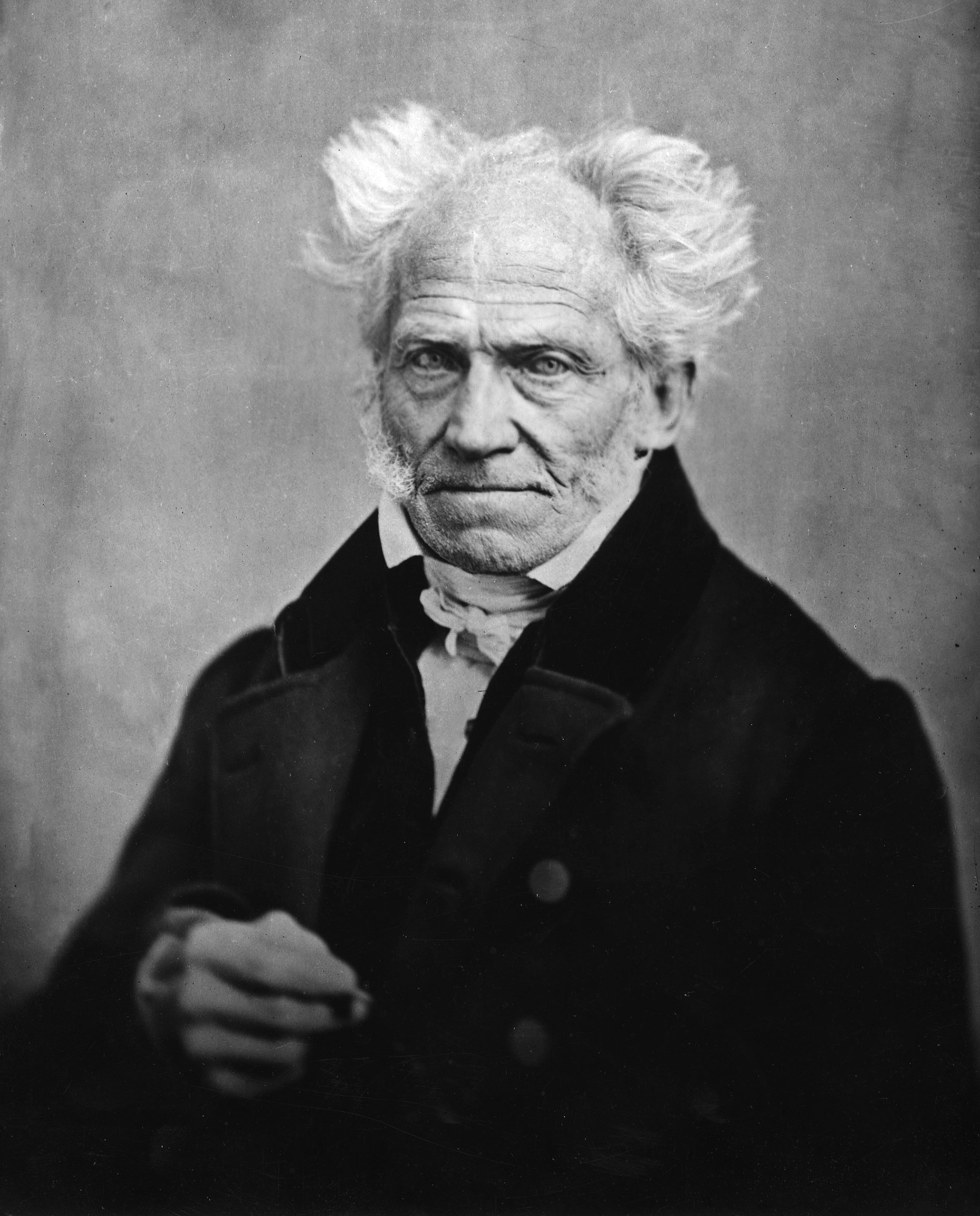


Books in series

#1
The World as Will and Representation, Vol. 1
1818
Arthur Schopenhauer's Die Welt als Wille und Vorstellung is one of the most important philosophical works of the nineteenth century, the basic statement of one important stream of post-Kantian thought. It is without question Schopenhauer's greatest work. Conceived and published before the philosopher was 30 and expanded 25 years later, it is the summation of a lifetime of thought.
For 70 years, the only unabridged English translation of this work was the Haldane-Kemp collaboration. In 1958, a new translation by E. F. J. Payne appeared that decisively supplanted the older one. Payne's translation is superior because it corrects nearly 1,000 errors and omissions in the Haldane-Kemp translation, and it is based on the definitive 1937 German edition of Schopenhauer's work prepared by Dr. Arthur Hübscher. Payne's edition is the first to translate into English the text's many quotations in half a dozen languages. It is thus the most useful edition for the student or teacher.

#2
The World as Will and Representation, Vol. 2
1818
Arthur Schopenhauer's Die Welt als Wille und Vorstellung is one of the most important philosophical works of the 19th century, the basic statement of one important stream of post-Kantian thought. It is without question Schopenhauer's greatest work, and, conceived and published before the philosopher was 30 and expanded 25 years later, it is the summation of a lifetime of thought.
For 70 years, the only unabridged English translation of this work was the Haldane-Kemp collaboration. In 1958, a new translation by E. F. J. Payne appeared which decisively supplanted the older one. Payne's translation is superior because it corrects nearly 1,000 errors and omissions in the Haldane-Kemp translation, and it is based on the definitive 1937 German edition of Schopenhauer's work prepared by Dr. Arthur Hübscher. Payne's edition is the first to translate into English the text's many quotatioins in half a dozen languages, and Mr. Payne has provided a comprehensive index of 2,500 items. It is thus the most useful edition for the student or teacher.
#3
Kleinere Schriften
1847
Ce recueil présente pour la première fois les 'fragments français' inédits d'Arthur Schopenhauer (1788-1860), premier eurobouddhiste, disciple hétérodoxe de Kant, maître de Nietzsche, inspirateur de Freud. Dans ces réflexions, gloses et lettres qui s'étalent de 1820 à 1856, le philosophe allemand (qui a vécu au Havre avec sa famille de 1797 à 1799) disserte sur la gloire posthume du génie, analyse l'esprit d'invention, rédige aphorismes et maximes, annote des livres avec des gloses sarcastiques, ou écrit des lettres intimes à un ami d'enfance.

#4
Parerga and Paralipomena
Short Philosophical Essays, Vol. 1
1851
This is the only complete English translation of one of the most significant and fascinating works of the great philosopher Arthur Schopenhauer (1788-1860). The Parerga (Volume 1) are six long essays; the Paralipomena (Volume 2) are shorter writings arranged under thirty-one different subject-headings. These works won widespread attention with their publication in 1851, helping to secure lasting international fame for Schopenhauer. Indeed, their intellectual vigor, literary power, and rich diversity are still extraordinary even today.
Author

Arthur Schopenhauer
Author · 90 books
Arthur Schopenhauer was born in the city of Danzig (then part of the Polish–Lithuanian Commonwealth; present day Gdańsk, Poland) and was a German philosopher best known for his work The World as Will and Representation. Schopenhauer attempted to make his career as an academic by correcting and expanding Immanuel Kant's philosophy concerning the way in which we experience the world. He was the son of author Johanna Schopenhauer and the older brother of Adele Schopenhauer.